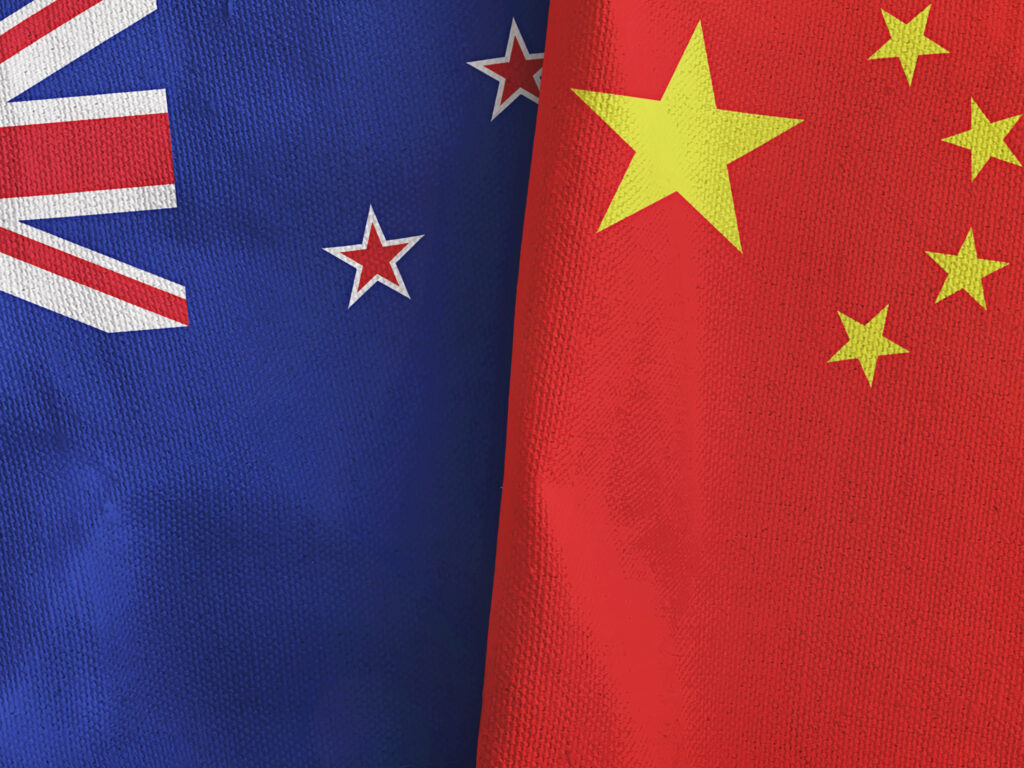
New Zealand is under international pressure to stop the extradition of Kyung Yup Kim (“Kim”), Korean-born and permanent resident of New Zealand, accused of killing a young woman in Shanghai in 2009: an allegation which Kim denies. New Zealand’s lower courts previously blocked his extradition, citing the risk of torture within China’s legal system and of not receiving a fair trial. On 13 April 2022, in a landmark decision, the New Zealand Supreme Court (“NZSC”) reversed that decision based on diplomatic assurances provided by the Chinese authorities (covered by our previous post here).
The NZSC’s decision has been met with criticism internationally from organisations, including Amnesty International and Human Rights Watch who found the Court’s reasoning “oblivious to reality”. China has previously imprisoned two Canadian citizens and threatened them with the death penalty solely and unashamedly as political leverage, and has shown a preparedness to violate human rights and the rule of law in Hong Kong and Xinjiang because of its “political aspirations”.
The NZSC’s reasoning appears to be that China will honour its assurances in respect of Kim, as with the international community watching, it would be in China’s best interest to do so. Foreign Minister Nanaia Mahuta said in court documents that the extradition would be a “test case” for China, that would set a precedent internationally for “economic criminals” China wanted to extradite. The ultimate decision to extradite now lies with Justice Minister Kris Faafoi.
The Inter-Parliamentary Alliance on China (“IPAC”), a cross-party international group of MPs has written to Minister Faafoi, Foreign Minister Nanaia Mahuta and Prime Minister Jacinda Ardern to stop this extradition. A total of 22 sitting politicians, from the UK’s House of Commons through to the Swiss National Council and Australian Senate, signed the letter arguing that Kim’s extradition would set “a dangerous precedent […] that may have far reaching and worrying implications for human rights beyond New Zealand’s borders.” Furthermore, that extradition to China would risk the wellbeing and safety of the Chinese diaspora. The Minister declined to comment on IPAC’s letter.
For the full IPAC Letter to New Zealand please see: https://ipac.global/letter-to-new-zealand-justice-minister-kris-faafoi/
Categories: China, New Zealand



Recent Comments